Which books should you read to develop the right mental framework for understanding your startup? There are a lot of business books. Only a small subset is worth reading and only a small subset of those will help with that question. Below are what I consider the most useful texts for understanding and solving problems at a startup i.e. these books provide the right mental framework for understanding the issues you will encounter. The topics covered are those where I've needed the most help: marketing, product development, engineering management, supply chain, and decision making. This is a living list, so it should hopefully grow over time!
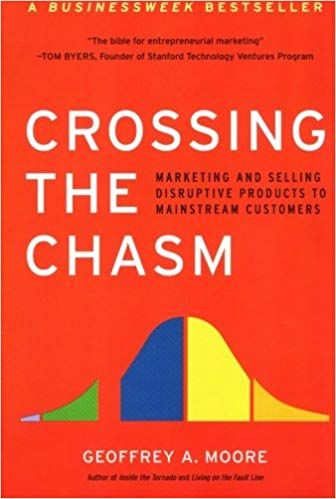

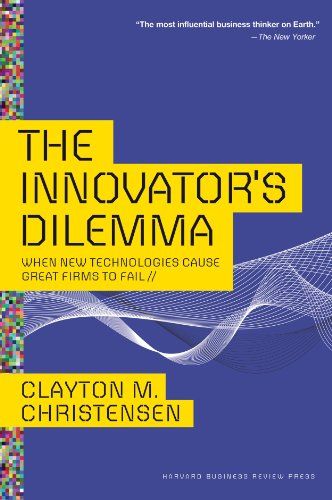
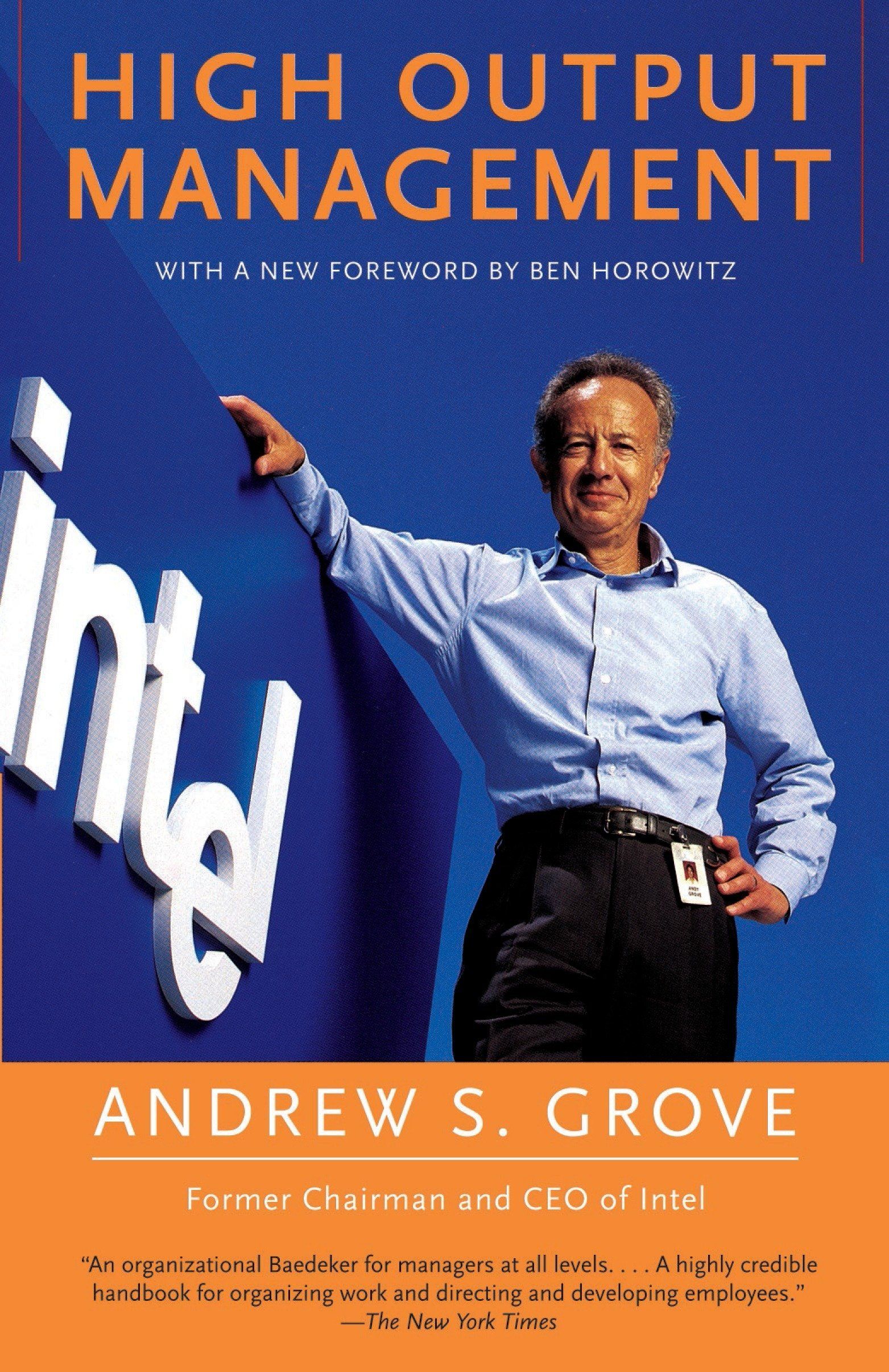
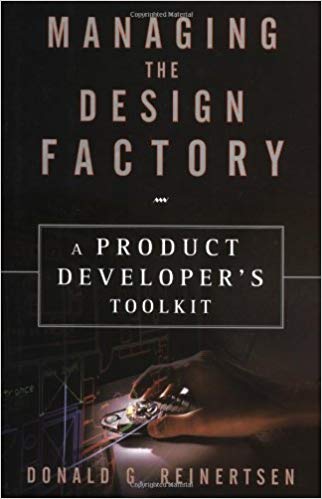
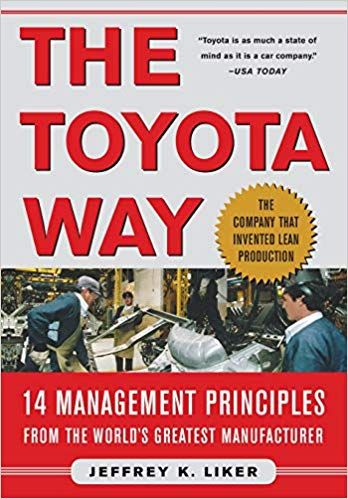
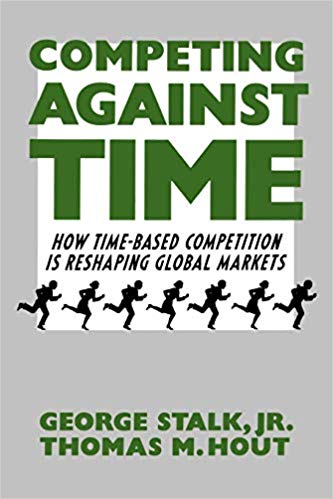
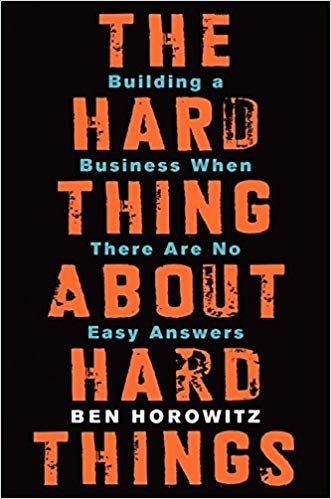
Crossing the Chasm
Marketing
Moore's Crossing the Chasm defines the two leaps every startup must make: from no customers to early adopters / visionaries and from visionaries to the mass market. These are not homogeneous groups, i.e. each is segmented even further, and with a startup's limited resources, you can only afford to go after one. What's a segment? Word of mouth. If your customers talk to each other, they form one segment, if they don't, you have more than one segment. Learning that alone makes this book worth reading. Tactically, the customer characterization one pager structure and exercise described in the middle of the book is a most do for every young company.
Marketing High Technology
Marketing, Product development
What's the difference between a device and product? Davidow's Marketing High Technology defines and then answers that question by developing the concept of whole product marketing. Intel sells chips right? Wrong: Intel sells chips + documentation + support + design + integrations + customization + etc... the chip is the device, but the product is the chip and all the other items & services that must come with it to make the customer successful. As an engineer, it's easy to feel your software is the product. Davidow keeps me humble.
The Innovators Dilemma
Product development
This is the book that defines the concept of disruption i.e. half of the business models in the valley are intellectually built on this book. The book is as much written for an incumbent player as a startup. The startup take away is to avoid the direct attack: you probably won't be cheaper, faster, and better compared to the existing players when evaluated on the same axis. However, if you create a new axis of competition, you can afford not having all the features, because you are competing in a different segment whose story is yet untold. After you establish this beachhead, you can move up market. The book's hard drive example (startups introducing physically smaller size drives with lower capacity, but for new applications) resonated very strongly with me.
High Output Management
Engineering management
How do you measure a manager's output? You look to their team and the manager's leverage. This is another foundational text for Silicon Valley that helps you understand the words people use: Grove defines the concept of the individual contributor, knowledge manager, and people manager. On the small scale, he details the importance of one-on-ones. On the large scale, he describes factoring the teams of an entire corporation vertically and horizontally to achieve the business's goals. Another classic, born out of Intel, High Output Management was the first book that made me think scientifically about building and administering organizations.
Managing the Design Factory
Engineering management
Reinertsen's Managing the Design Factory is a book about balancing delivery and variance. Shouldn't you remove all variance from a production process? If you remove all variance from a design process (e.g. software) you won't do anything new. On the other hand, total variance is total chaos i.e. you won't do anything. How do you balance the two? The book answers that question. Tactically, the book is very honest in defining its goal: help you generate a better process.
The Toyota Way
Engineering management
Genchi Gembutsu: "go and see for yourself". The Valley didn't come up with the ideas of company culture, enumerated principles, and official cultural documentation: Toyota did. Believe in flat hierarchies where everyone is empowered? Toyota has andon cords on every assembly line which anyone could pull, shutting the entire plant down. Notice a single quality defect on the line? Everyone is empowered to stop the plant and fix the problem (that's ownership!). Believe in lean startup? Lean startup comes from lean manufacturing, pioneered by Toyota. Post WWII, Toyota was a fledgling manufacturing startup that needed to define its product, its go to market strategy, and its axis of competition: it was in the same position every startup finds themselves in at the beginning. Toyota's unrivaled success and fantastic products speak to the enduring value of their principles.
Competing Against Time
Supply chain
Stalk's Competing Against Time is Tim Cook's favorite business book. This makes sense: Cook is unparalleled in supply chain management and this is a book about reducing wasted time in your supply chain! Competing Against Time illustrates over and over again that speed matters in business. Reduce inventory turn time to make more money in retail. Reduce work in progress time to reduce capital used in manufacturing. Reduce product iteration time to find startup product market fit faster.
The Hard Thing About Hard Things
Decision making
Horowitz's The Hard Thing About Hard Things tells the awesome stories of OpsWare and Netscape. For internet history alone, this book is worth reading. The most important take away for me was how to hire at a startup: hire for strengths, not weaknesses. Large company hiring processes center around looking for reasons to say no. You need to think different. The other large take away is just how important timing and market trends can shape the company: play the trend right and it can help propel the company to success, despite the countless problems every startup has. Overall, the book is about not giving up, a crucial principle when doing any early stage venture.
